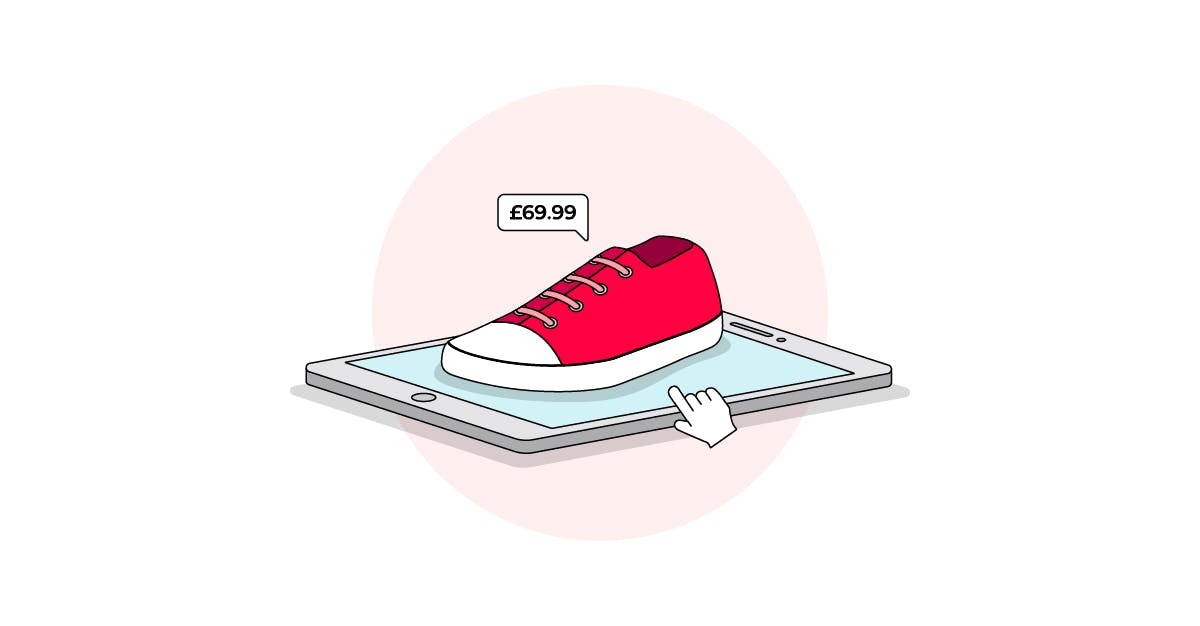Since then, the UK government has enforced the closure of all ‘non-essential’ retail stores, referring to all shops that do not sell food or medicine. In the states, New Jersey has implemented the same rules, as the rest of the US sees the majority of retailers temporarily close of their own accord or reduce opening hours.
How is this change affecting retailers?
Confusion over closures
In the UK, there has been some resistance on the back of Boris Johnson announcing that all non-essential retail stores are to close. A small number of retailers, including WHSmith and Sports Direct, have attempted to get around government rules by insisting that they are indeed ‘essential’. Chief Finance Officer for Sports Direct Chris Wootton claimed in an email to staff that the retailer offers a vital service of selling fitness and sports equipment, exclaiming that “home fitness is the number one trending topic on social media after coronavirus itself.”
Unsurprisingly, Sports Direct has faced intense criticism from both the public and politicians over its response, leading to Fraser Group (which also owns Evans Cycles) eventually conceding and shutting all of its stores.
WHSmith has also since closed 60% of its stores, leaving 40% deemed essential (due to being Post Office branches and hospital stores for NHS workers) still open.
Elsewhere, the rules have led to further confusion. One of the main examples is Halfords, which is classed as a car parts and bike retailer – and therefore comes under the list of essential stores. Presumably, this is related to the need for repairs in order to prevent people from reverting back to public transport or travelling with other people. However, the fact that the retailer remains open has led to criticism, particularly from employees who believe they are unnecessarily being put at risk.
#halfords most stores are reopening on Thursday but no customers will be able to enter the store and only contactless payments will be processed. Why don’t we just close seems pointless and puts me at risk!
— hannah (@hannahmayz199) March 24, 2020
Despite this, Halfords is looking to re-open some of its stores this week, stating that it is “seeking to strike a balance between providing essential motoring and cycling services to the UK public alongside guaranteeing the personal safety of our customers and colleagues”.
Ramping up online deals
So, as multi-channel retailers are now forced to close their brick-and-mortar stores, we are starting to see more of an attempt to entice shoppers online. Many are doing this by ramping up online deals and discounts. While this is usually the case at this time of year – with mid-season sales typically running from the middle of March through to April – a lot of retailers are offering extra deals on top or promoting them within the context of the coronavirus.
One example of this is Nike, which is currently running a site-wide discount of 25% off. Analyst Jessica Ramirez told Reuters that this is unusual activity, as the sportswear brand usually runs promotions only on specific categories.
In its email to customers, Nike positioned the discount as a gesture of goodwill, saying: “Right now, it’s more important than ever to make sure athletes like you are healthy and positive…. That’s why we’re giving you 25% off everything.” Of course, cynics might suggest that it’s more a case of the brand scrambling to combat lost revenue from stores.
Save 25% on gear to help you move and feel your best with code NIKE25
Ends 3.24, some exclusions apply.
Shop ???????? https://t.co/QR3AHU3LJW pic.twitter.com/FMZcVtU4Mq
— Nike.com (@nikestore) March 20, 2020
It’s a conundrum that will arise for most retailers. In essence: consumers are undoubtedly going to be put off by any brand that appears to be capitalising on the coronavirus. But at the same time, it’s understandable that businesses do all they can to help stay afloat (and lessen the impact on employees). Finding an authentic middle ground is tricky.
Asking for support
For many retailers, the impact of the coronavirus will not be solved through online sales alone. It’s likely that the hardest hit sectors – such as fashion, footwear, and luxury goods – will see businesses go under.
Indeed, new forecasts suggest that retail brands are right to be concerned, with sales set to plunge in 2020 due to the coronavirus pandemic. According to GlobalData, the overall UK retail industry will see a hit of £12.6bn this year. Clothing and footwear brands are predicted to suffer the most, seeing a sales decline of £11.1bn. This is in contrast to the UK food and grocery market, which is forecast to grow 7.1% in 2020.
In the US, retail sales already fell 0.5% in February, as early disruptions from coronavirus negatively impacted sales. Unsurprisingly, predictions are that “second-quarter growth could be sharply negative”, according to Joel Naroff via Reuters.
As concern grows, retail groups are starting to look for support. The CFDA (Council of Fashion Designers of America) and 90 retail trade groups in the US recently wrote to the White House asking for economic stabilisation efforts to help businesses stay viable. The letter states: “The biggest single issue facing the industry right now is liquidity, and federal stimulus efforts must be swift and flexible enough to address the urgent need for access to credit to keep these businesses afloat.”
CFDA is providing ways to help our designers with their businesses in these difficult times. #coronavirushttps://t.co/KxkrqH2XxH
— CFDA (@CFDA) March 12, 2020
In the UK, retailers have been appealing to suppliers for support. According to the Guardian, Primark has asked for a halt on any current and future production, while Debenhams has warned suppliers of late payments, and asked its landlords for a five-moth rent holiday. For department stores like Debenhams, which was already struggling to stay afloat, it’s going to be a tumultuous road ahead.
With that said, if we follow the trajectory of China – which has recently started to re-open stores – resurgence for retail is certainly possible. Greg Petro, writing for Forbes, suggests that certain sectors like luxury could bounce back quite quickly once the immediate worry over coronavirus subsides. Similarly, the provision of technology like cashless payments could encourage consumers to visit brick-and-mortar stores sooner rather than later, enabling them to pay quickly and without contact.




